NTANDAZO NOKAMBA
KHALANDODA, EASTERN CAPE
“I’ve been having visions of my brother. I have this dream of seeing my brother and child staring at me as if we are talking. They are always on my mind,” says Molokwana Nokamba.
Molokwana’s brother, Ntandazo, was killed at Marikana on August 16. His own 11-year-old child died “immediately after we buried my brother” from an illness he feels was exacerbated by the grief shrouding this closely knit extended family, who live in a clump of homesteads in the Khalandoda area near Mthatha in the Eastern Cape.
“The pain I feel inside I know I will take to my grave,” said Molokwana in May 2013. During an interview in March he had broken down and sobbed uncontrollably when remembering his brother – a public show of grief rarely seen among men in the Eastern Cape.
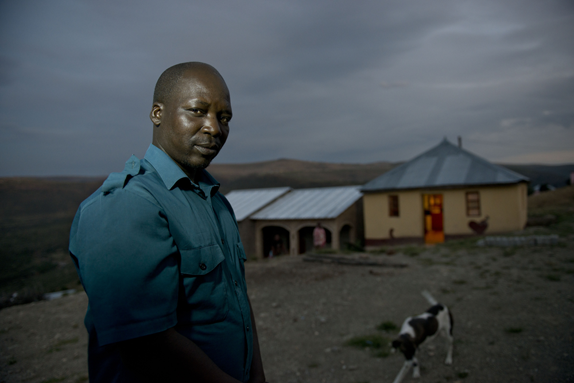
Months later, Molokwana’s eyes retain that shell-shocked, haunted look that marks so many who are stricken by the trauma of violent loss. He says he has taken up smoking because of the financial stress, and drinking umqobothi – which he never did, before – “to forget”.
Molokwana used to collaborate with his brother on family projects around their homes, including building new structures and fortifying fences and kraals. He has now become the father figure for his brother’s five children.
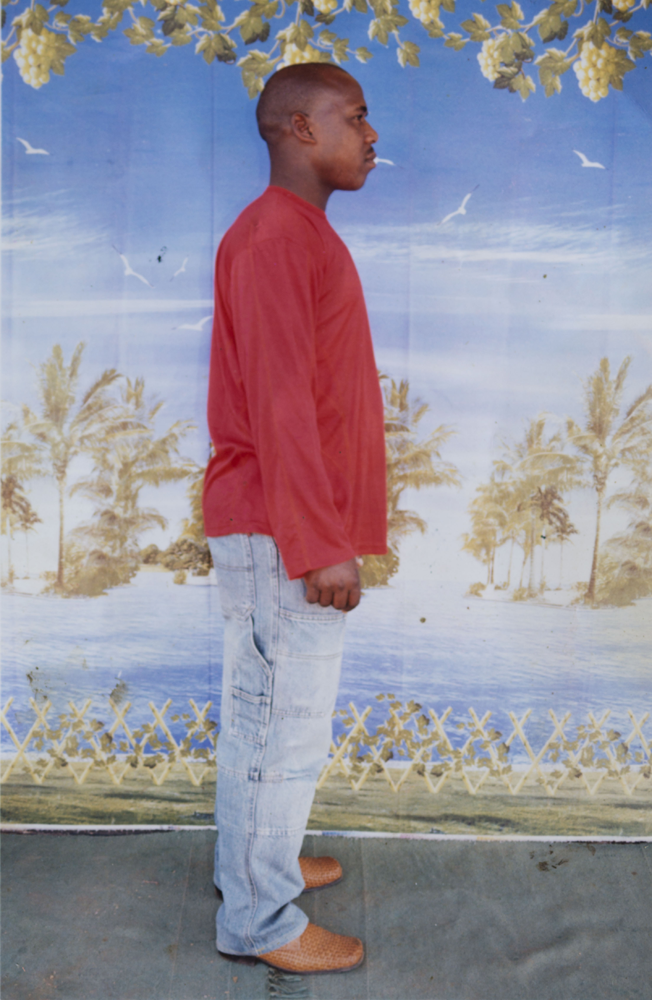
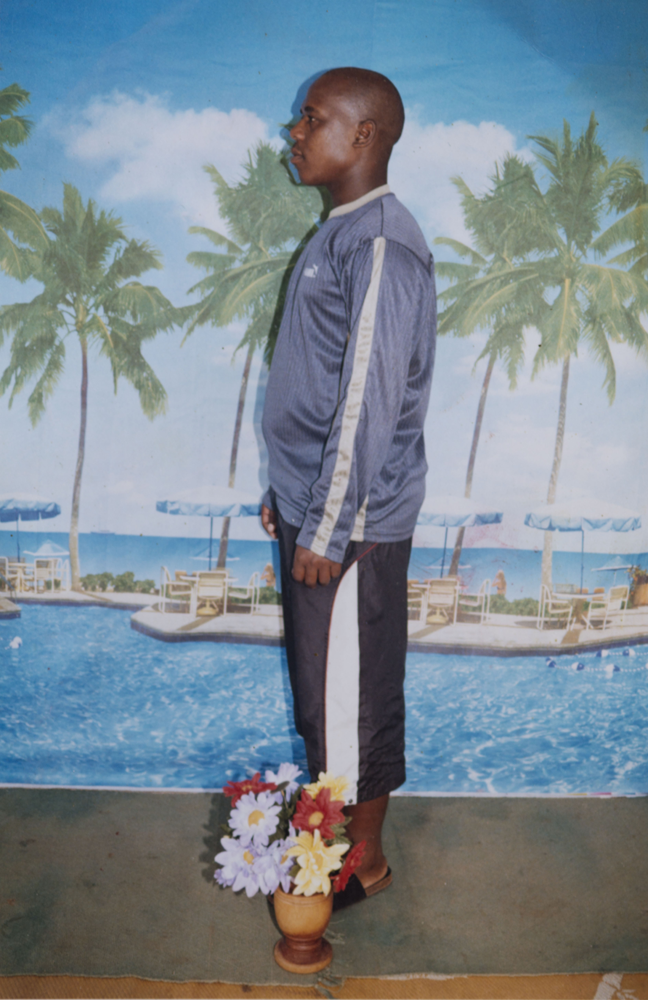
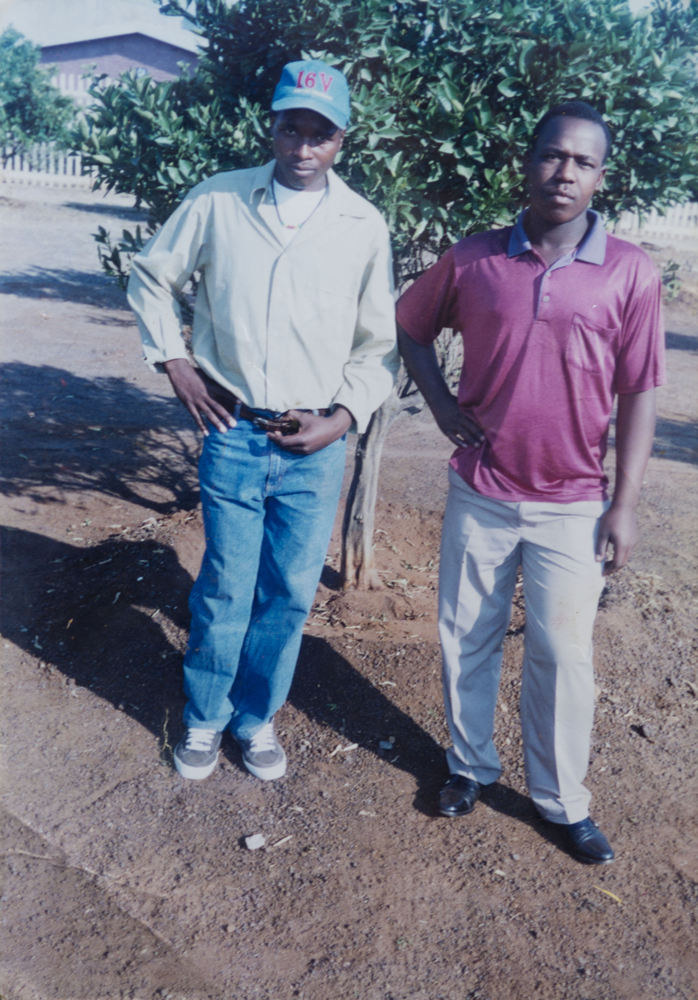
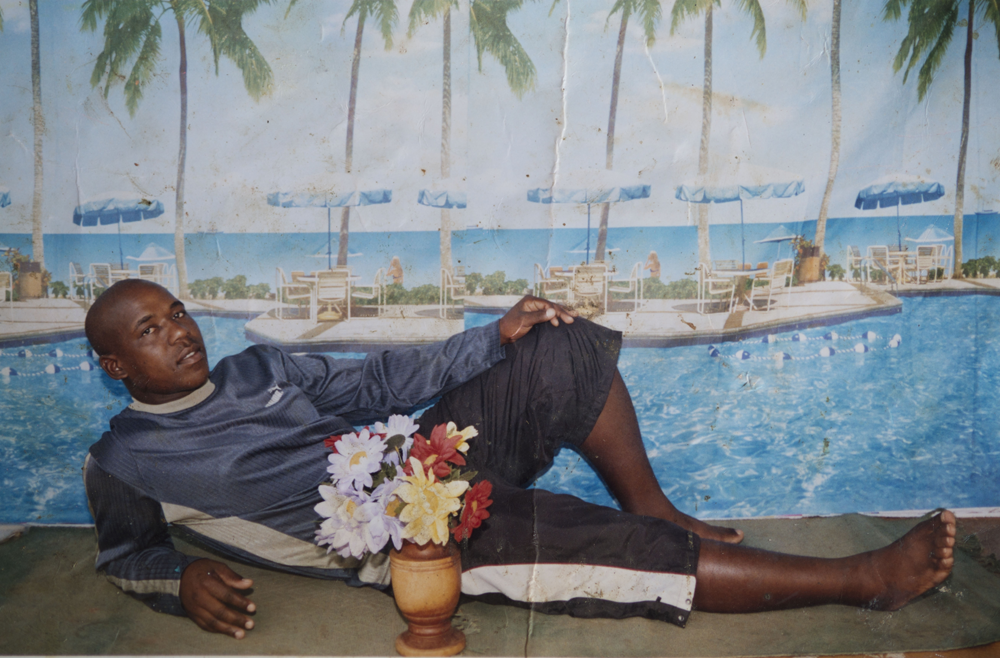
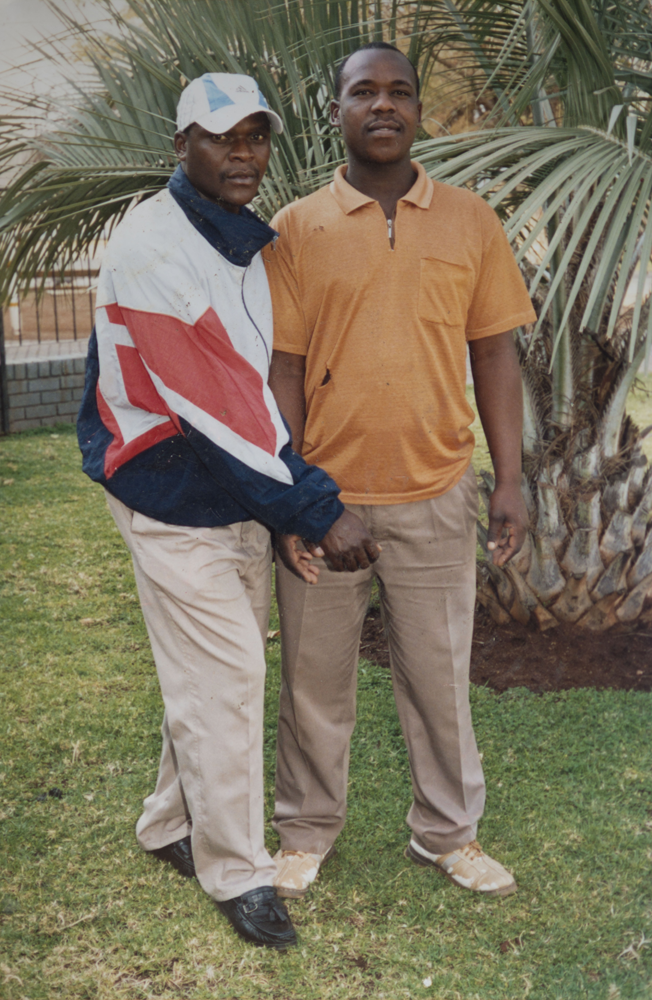
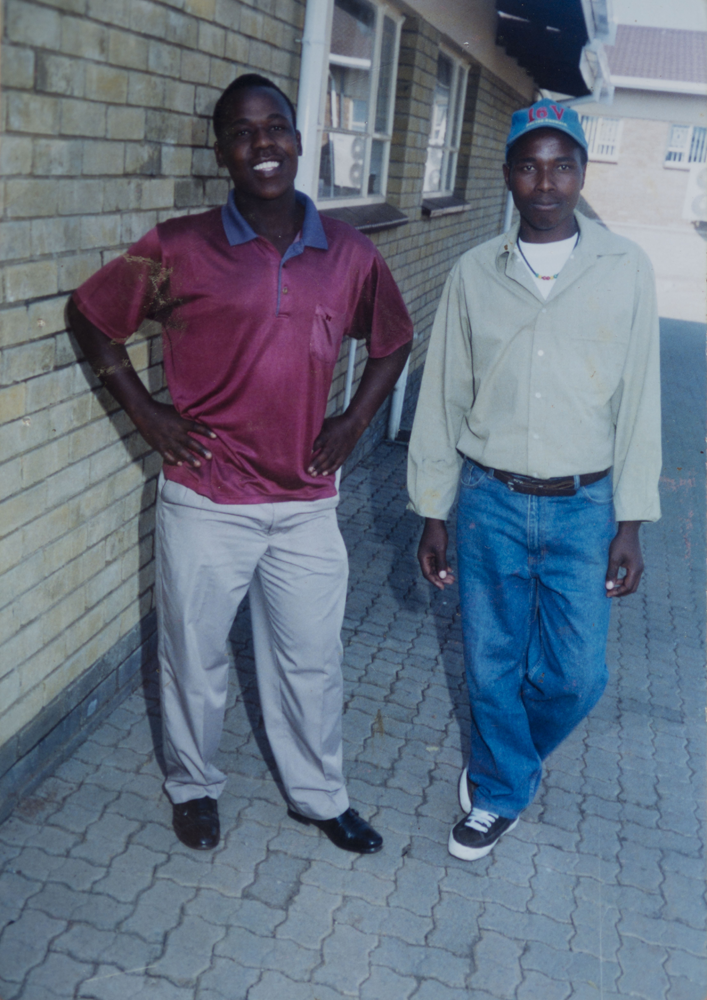
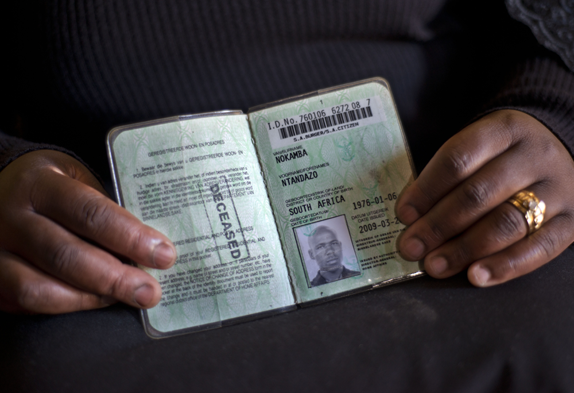
Currently unemployed, his last job was construction work on a school in KwaZulu-Natal, which ended in June last year: “You must be mindful that we work for guys who get tenders, and if they don’t get tenders, we don’t get jobs,” he says, adding that internal ANC politics before and after its national conference in Mangaung last year has affected his employment opportunities.
The only income Ntandazo’s widow, Nosakhe, receives now, is the child support grant for each of the children. Ntandazo used to send home R2 000 a month and now, Nosakhe says, “there is no money to buy my children clothes” and by the middle of the month, “there is only salt and soup” in the kitchen.
Nosakhe speaks in flat whispers, staring ahead at no one and nothing. Unresolved grief manifests itself everywhere in the Nokamba family. Nosakhe says her children suffer constant “pains” and her 14-year-old, Khuselwa, could not write her exams in 2012.
Asked whether the family has sought assistance from government social workers, Molokwana says: “It will not change anything. My brother is gone and my other frustrations, like not having a job or money, will still be there.”
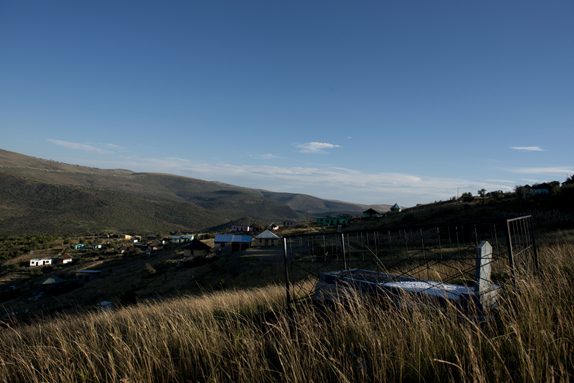
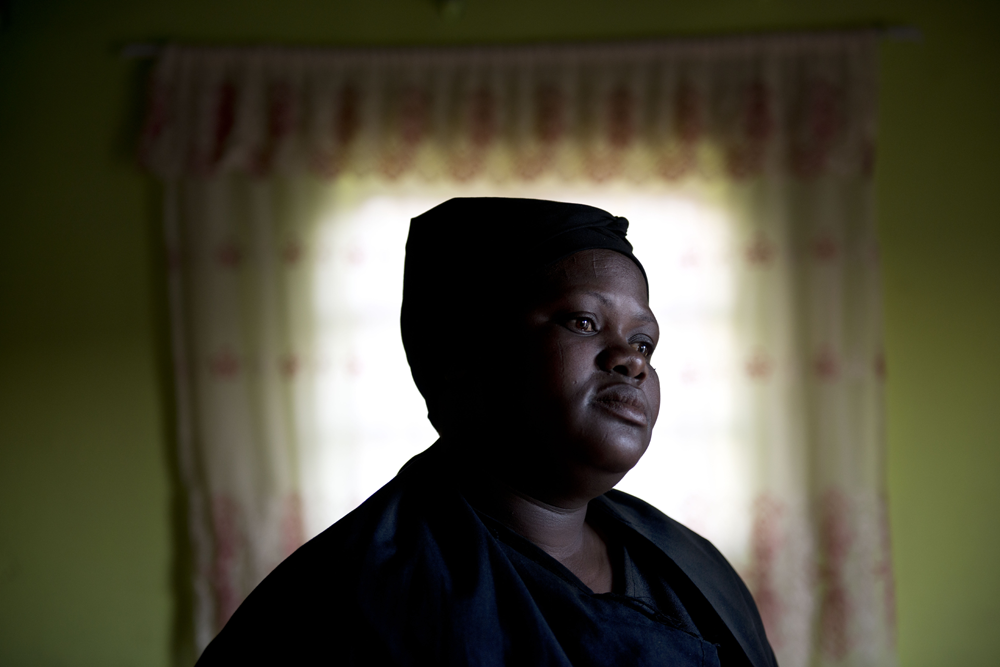
Leave a Reply
You must be logged in to post a comment.